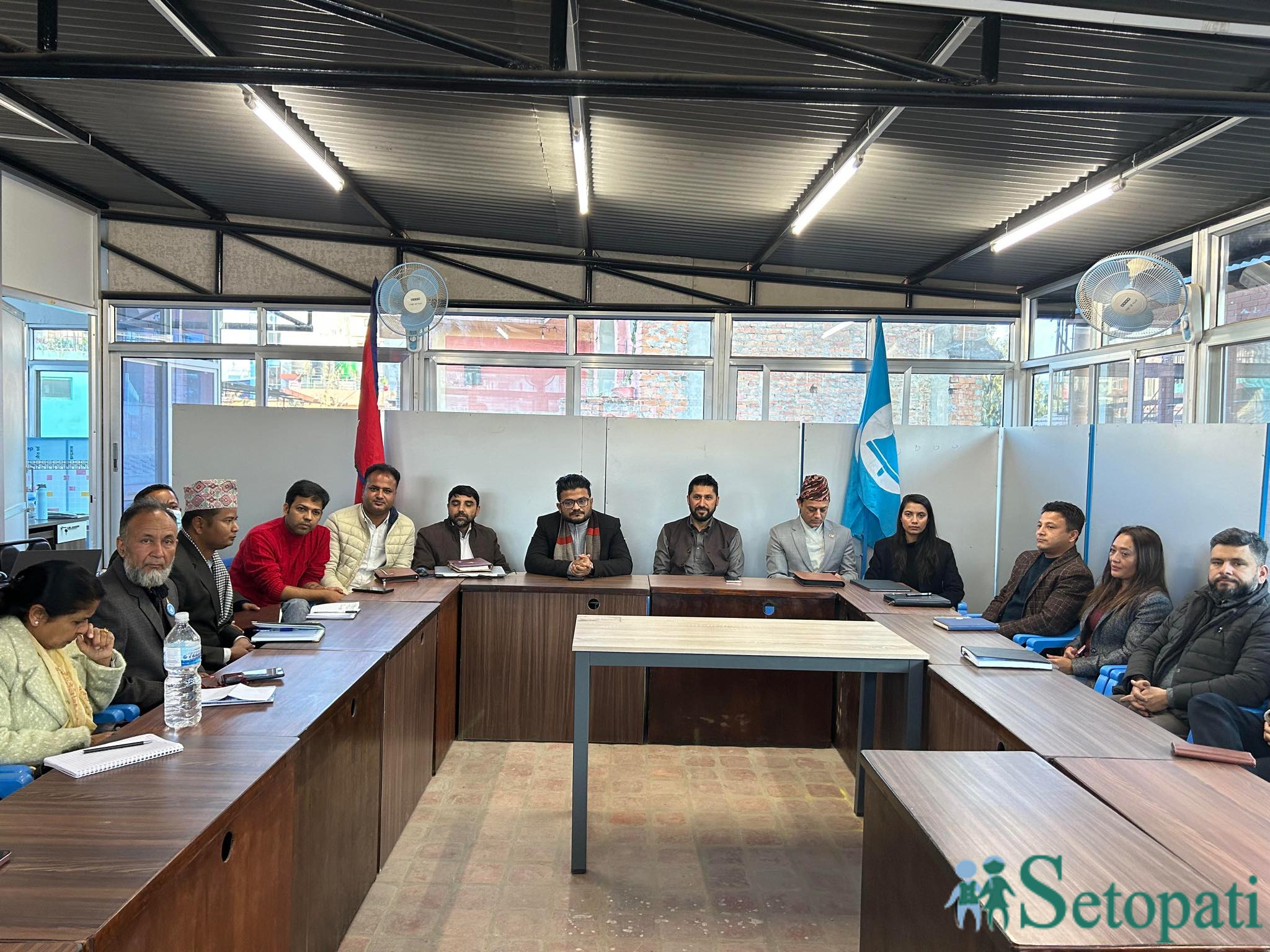Rastriya Swatantra Party (RSP) has initiated discussion about changing governance system.
RSP General Secretary Mukul Dhakal, and central members Ramesh Prasai and Kamal Subedi have prepared a document titled ‘New Resolution for New Era’ that proposes a directly elected executive prime minister (PM).
The party is currently seeking written suggestions from central members, lawmakers and provincial party chiefs and plans to make the final document public to mark the day of its establishment on Ashadh 7 that falls on June 22 this year.
The party that won 20 House of Representatives (HoR) seats in the election held in November 2022--and improved it to 21 in the by-election held in April—had contested the general election without clear position on governance system.
It now proposes directly elected executive PM. It proposes to elect any one securing more than 50 percent of votes the PM, and a run-off between the two leading candidates if no one manages to secure more than 50 percent of votes in the first round. The PM must be a Nepali citizen by descent.
The PM elected in such manner can form a Cabinet not exceeding 15 members on her discretion from among the lawmakers or others.
The party founded by Rabi Lamichhane claims that the model for governance system has been formed by studying experience of federalism in different countries and suggestions by Nepali people
It has proposed to keep the HoR as it is albeit reducing the number of lawmakers and making it more inclusive. It, however, has proposed to change the National Assembly reducing the number of lawmakers to 35 (five from each province). The candidate should not be member of any political party for at least 10 years to become eligible for National Assembly member.
It has proposed a similar criterion for president who should also be a Nepali citizen by descent and proposed that the National Assembly chair be made ex officio vice-president.
The party that, did not field any candidates in the recent provincial elections, has also proposed to change the current provincial structures. It has proposed to keep the current seven provinces but do away with the provincial assemblies and governments. A directly elected governor—also a Nepali citizen by descent—would be the executive head of the province.
It has also proposed a provincial council (21-35 strong on the basis of population and geography of the provinces) to be elected by the elected representatives of the local bodies in the respective provinces.
It has proposed for dissolution of the current district coordination committees.
The document has proposed to dissolve the current Constitutional Council and added that the National Assembly should be given the rights of the Constitutional Council.
It has also proposed to keep right to reject and right to recall in the electoral system.
It has stated that constitutionalism will the party’s political path and prohibited nepotism in the party structures. It has also called for implementation of the 51 percent representation of youths in the party structures as mandated by the party statute.

